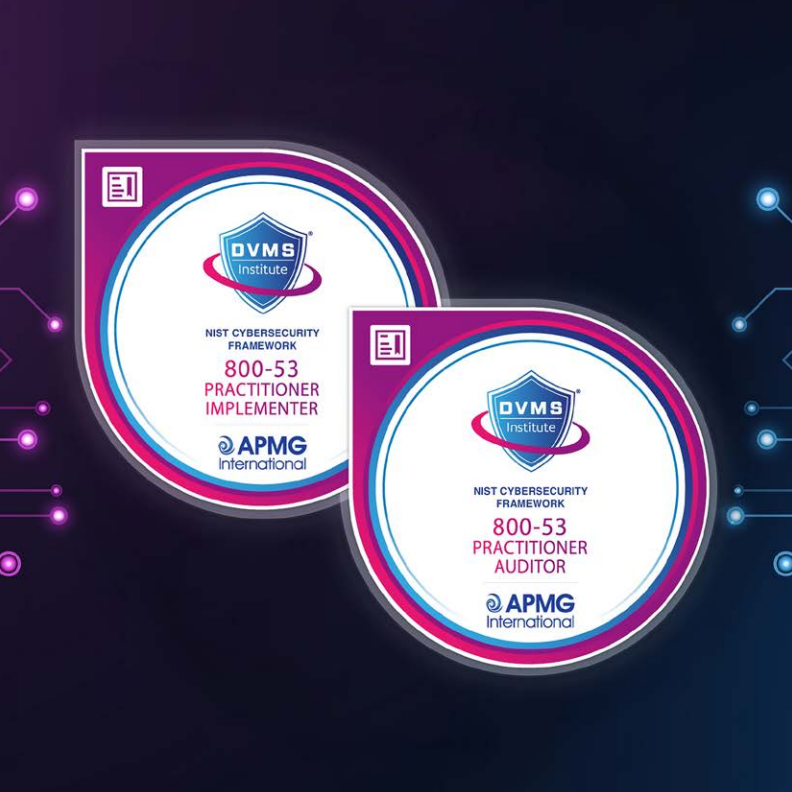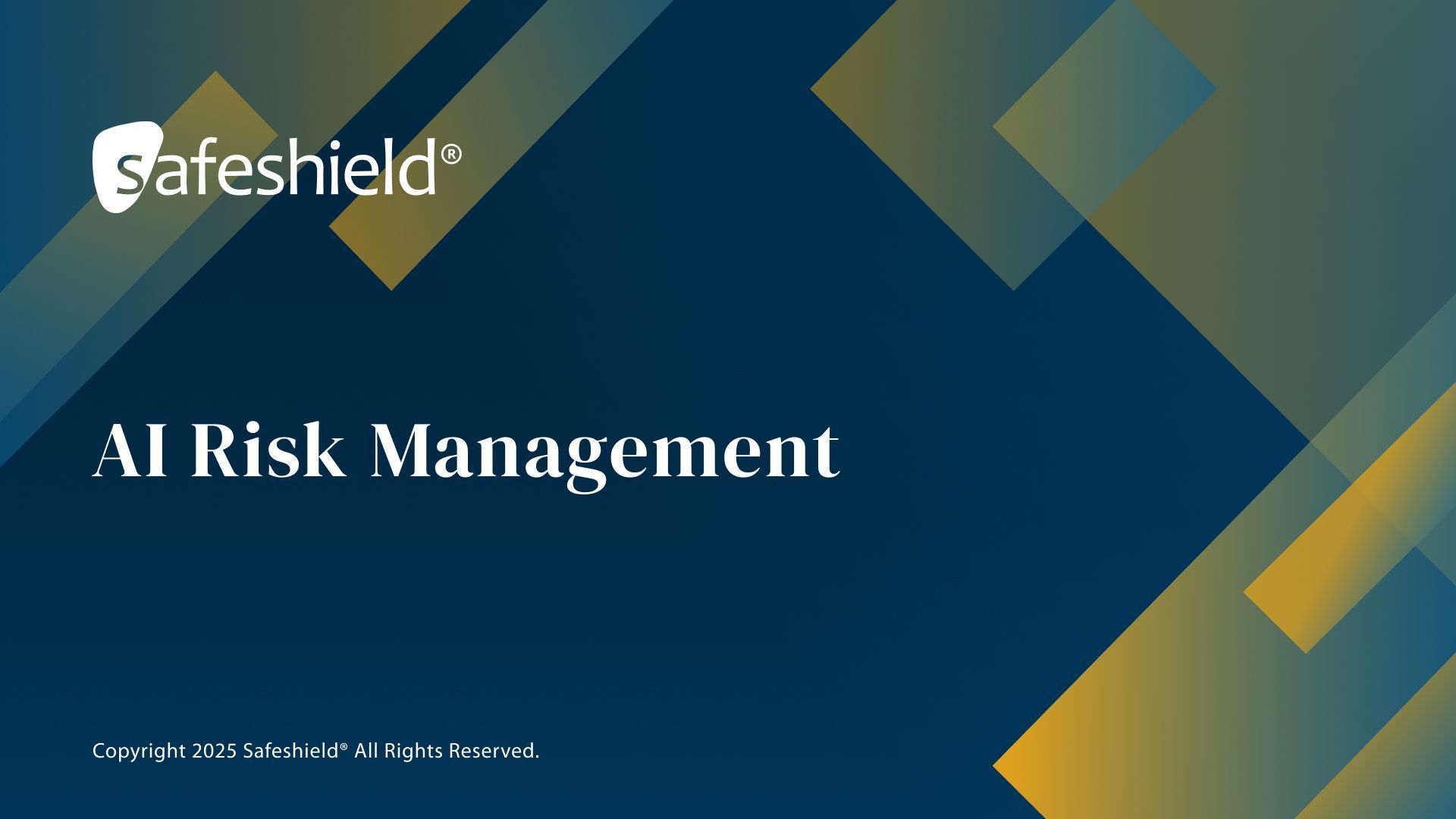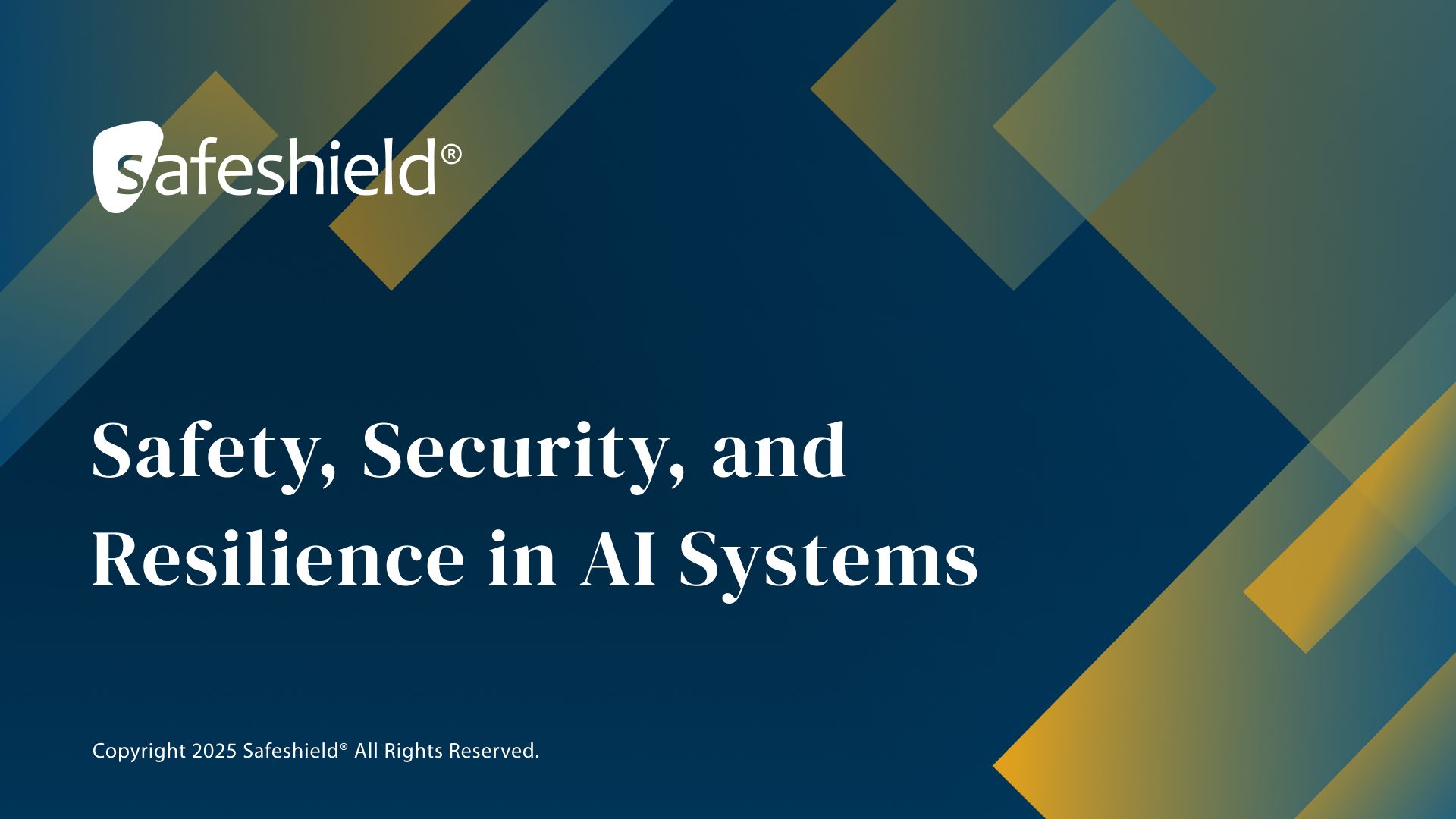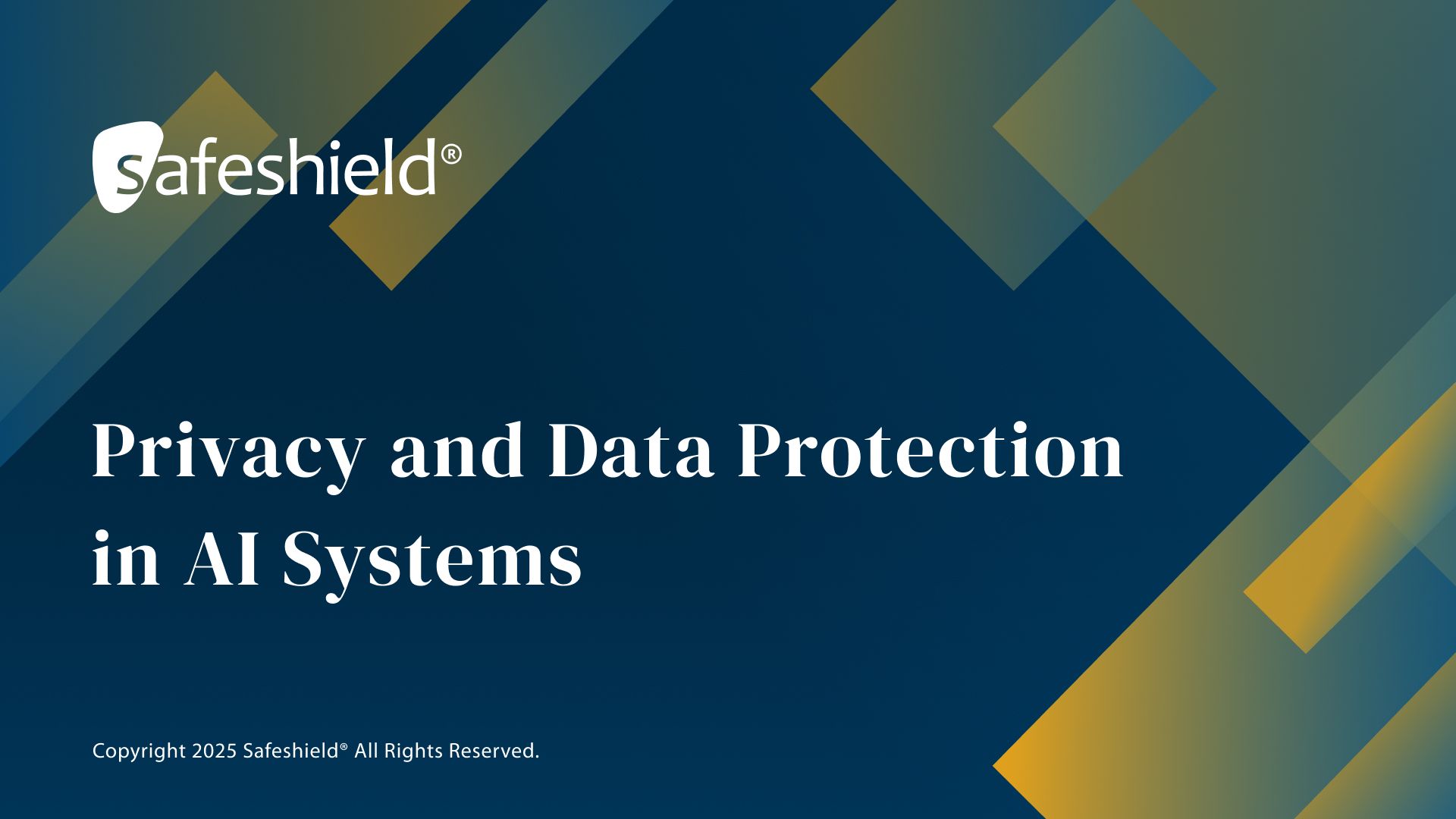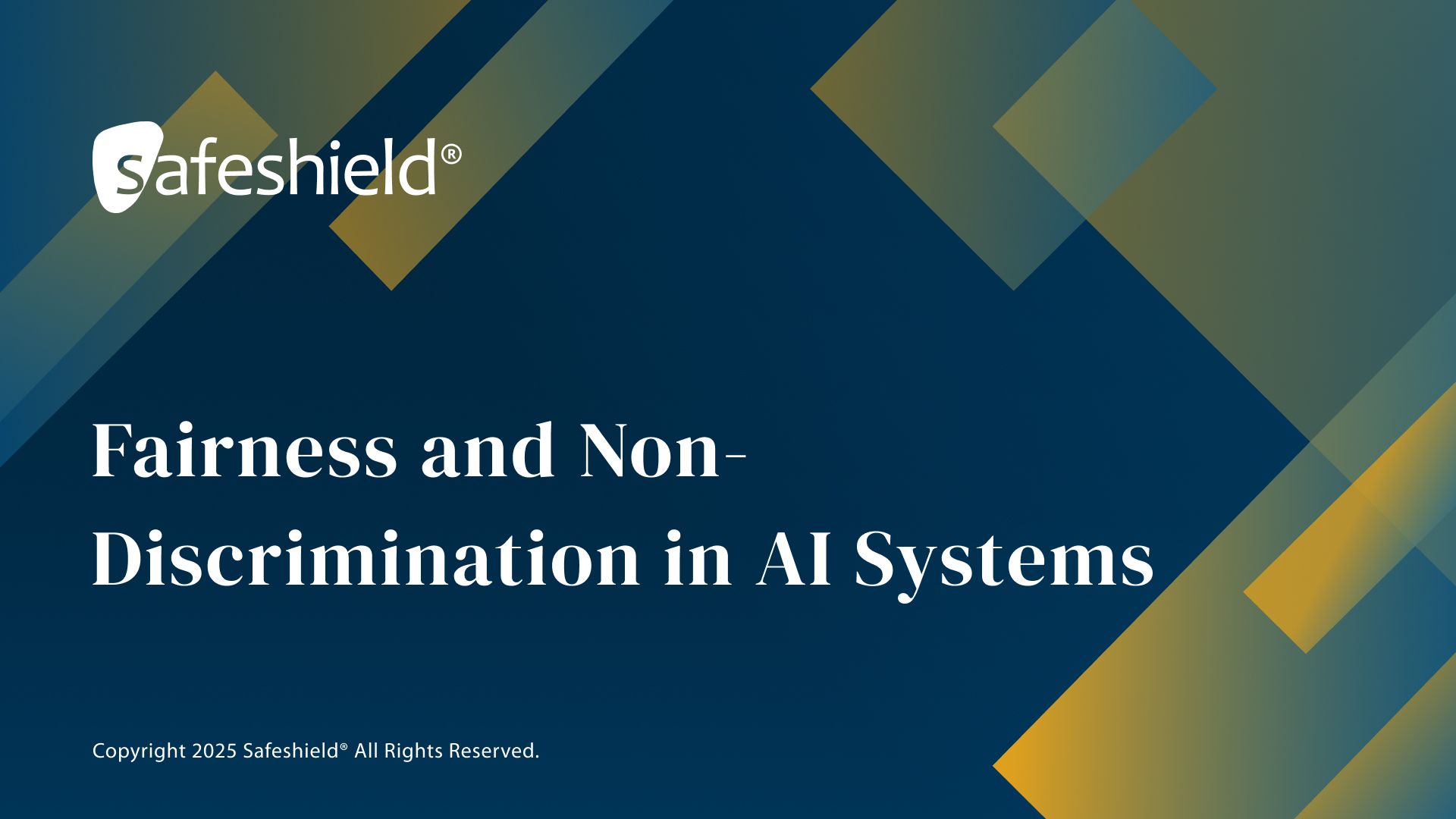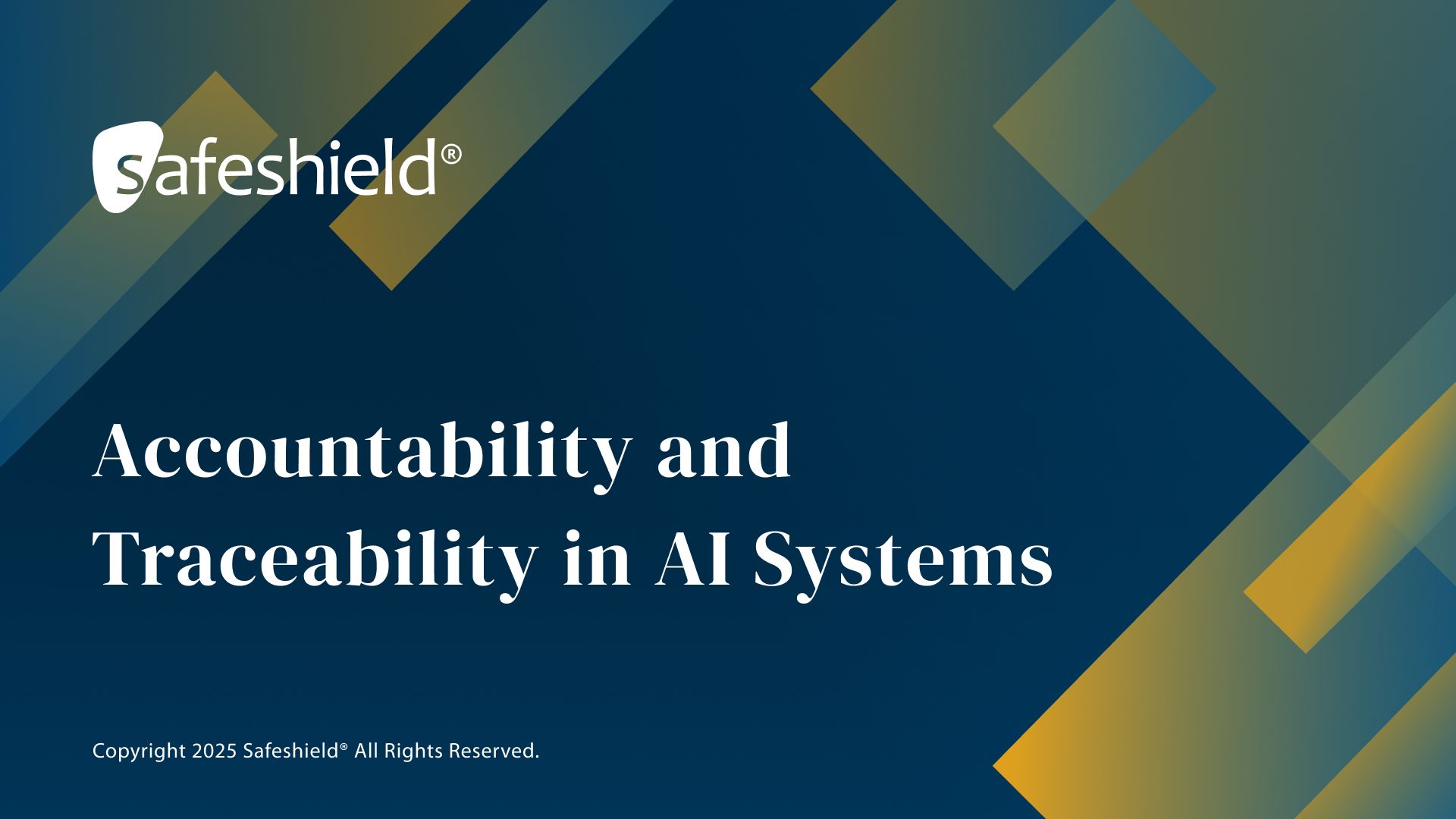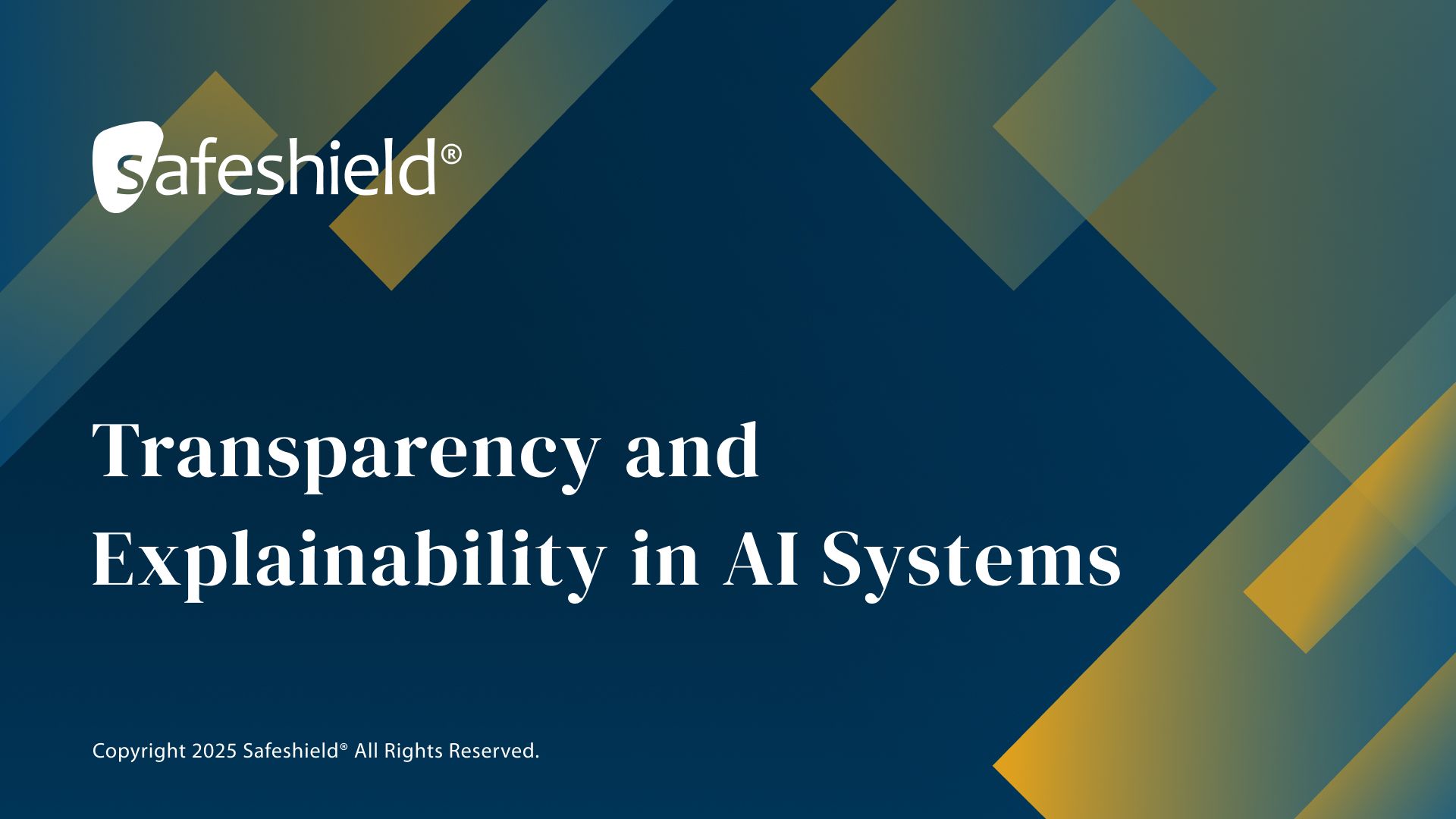NIST-CSF 800-53 Practitioner Certification Training
Is this a Certification Course? Yes, this is a certification course. Examination fees are included in the price of the training course.
Delivery Model: Self-Study
Exam Duration: 150 minutes
Retake Exam: Not included
Price: US$ 2995 / CAD$ 4295
The NIST Cybersecurity Framework 800-53 Practitioner course teaches IT, Cybersecurity, and Business Professionals How to Build a NIST Cybersecurity Framework Digital Value Management Overlay System (DVMS) based on NIST Special Publication 800-53
This course includes courseware, DVMS publications, an Implementer or Auditor Exam Voucher, and a Certification Badge.
Course Details & Delivery Options
- Self-Paced Video Learning, 16 Hours
- One year of access to digital courseware
- Access to The Fundamentals of Adopting the NIST Cybersecurity Framework and A Practitioner’s Guide to Adapting the NIST Cybersecurity Framework Body of Knowledge Publications
- Certificate of Completion
- Exam Voucher (implementer or auditor)
- Certification Badge
Description & Target Audience
This DVMS® NIST Cybersecurity Framework 800-53 Practitioner course teaches IT, Cybersecurity, and Business Professionals How to Build a NIST Cybersecurity Framework Digital Value Management Overlay System (DVMS)
based on NIST Special Publication 800-53.
Delivery Format
• Self-Paced Video Learning, 16 Hours
Objectives & Outcomes
Acquire practitioner knowledge on how to design, implement, and operationalize the controls, management systems, and culture to:
• Identify and Mitigate Cybersecurity and other digital risks
• Protect organizational digital value, resilience, and trust.
• Be compliant with government cybersecurity regulatory mandates
Pre-Requisites
Candidates must have attended and completed the NIST Cybersecurity Framework Foundation course and exam to participate in this course.
Body of Knowledge
This course is based on the NIST Cybersecurity Framework and the DVMS Institute’s A Practitioner’s Guide to Adapting the NIST Cybersecurity Framework Publication. The DVMS® NIST Cybersecurity Framework 800-53 Practitioner
certification training course is accredited by APMG International, assured by NCSC/GCHQ in the UK, and recognized by DHS -CISA in the U.S.
Examination
The DVMS™ 800-53 Practitioner Implementer or Auditor Exams
• 65 multiple-choice questions per exam
• 150-minute exam
• Pass Mark – 50% (33 marks)
• Open book
• Blooms Level 3,4, & 5
• Paper-based & online availability (including ProctorU)
Student Kit • Digital – “A Practitioner’s Guide to Adapting the NIST Cybersecurity
Framework book”
• Digital – “Fundamentals of Adopting the NIST Cybersecurity Framework book”
• Digital – Student Courseware and Resource Materials
• Digital – APMG Exam Voucher – issued upon completion of the training
• Certificate of Completion Syllabus & Course Outline
Professional Development Credits Earned
• 32 CEU Credits
Price: US$ 2995 / CAD$ 4295

